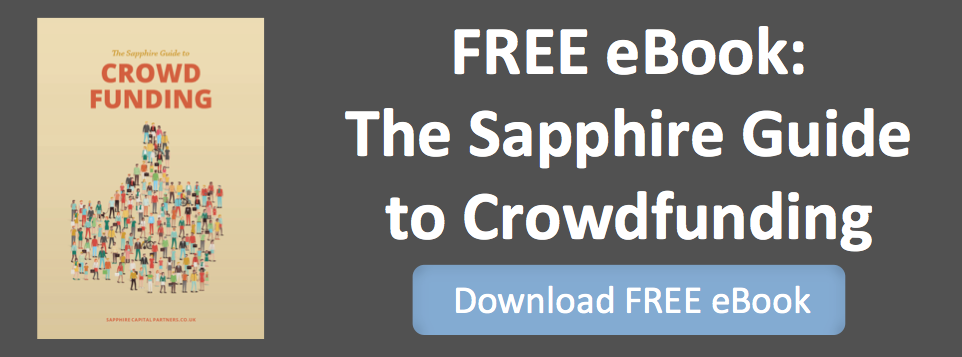
Equity crowdfunding is a relatively new way for businesses to raise investment and that is why we are just now getting a clear picture as to what types of companies this finance raising channel is most suited.
Did you know that leading platforms such as Crowdcube and Seedrs accept only c.5% of the applicant companies on their platforms? The low level of acceptance indicates that there are specific business characteristics required to avail of P2P investment. For example, platforms typically expect applicant companies to be revenue generating and potential initial investors already identified. So if you are an entrepreneur seeking money for your big idea, then chances are you won't be able to raise finance via platforms, unless you have a team with a track record of glittering exits, or Elon Musk endorsing you.
Companies must also be "investment ready". Corporate structure and governance need to be already in place. The following are the bare minimum requirements:
- Company is registered with the Companies House and HMRC.
- Company House filings are up to date.
- A transparent capitalisation table is created and available to provided ( ideally existing shareholders are supportive or at least cooperative in regards to the upcomoing funding round).
- There are no outstanding disputes regarding intellectual property or ownership.
The business also has to have:
- A product or service that solves a recognisable problem or meets the needs of a clearly defined market.
- A team with the necessary skills and experience to deliver and capture significant market share.
- A robust financial model with achievable and sustainable profitability that most often reflects (at least) initial fast-growing revenue with a lean cost base.
- The potential for scalability and the ability to exit at a lucrative value, and in accordance with SEIS/EIS rules.
Here is what an equity crowdfunding platform will look for when selecting a company to include:
- A brand that has already attracted a following in terms of customers or another measurable source. Crowd-funders want you to BYOC (bring your own crowd), at least as a starting point.
- UK-based investors for UK P2P platforms - although not a requirement, it makes things easier from a FCA compliance perspective.
- A professionally produced pitch deck, video and supporting materials. The content of these will need to be verified by the platform to ensure all statements can be backed up with evidence. The documents do not need to be perfect before approaching the platform, but a well-branded investment presentation says a lot about the level of detail, drive and seriousness of the applicant.
- Approximately 20-40% of the initial investment round already secured. The success of a crowdfunding campaign is built on momentum and having investors standing by to invest will drive the campaign. The platform also wants your existing investors on the platform for other or subsequent campaigns.
- Management and directors support in promoting the campaign.
- Can the management team work well with the platform provider team? The relationship between platform and company is a bilateral one that will (hopefully) last until a successful company exit and maybe even beyond in subsequent ventures.
As the number of equity crowdfunding platforms in the market is growing, the above overview may not be exhaustive. The points noted are based on my experience to date with two platforms, namely Crowdcube and Seedrs. Other platforms could have different criteria that may be sector specific or may be more suitable for companies further into their life cycles. The requirements may also change in the not too distant future as we live in very dynamic times. It is essential for entrepreneurs to do their homework and research the different platforms that are out there to determine which one is most suitable for their needs. That will save a lot of time and effort in the most challenging part of the business plan - raising initial external finance.



